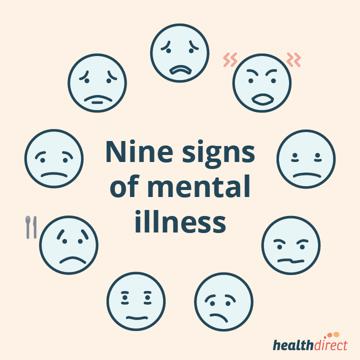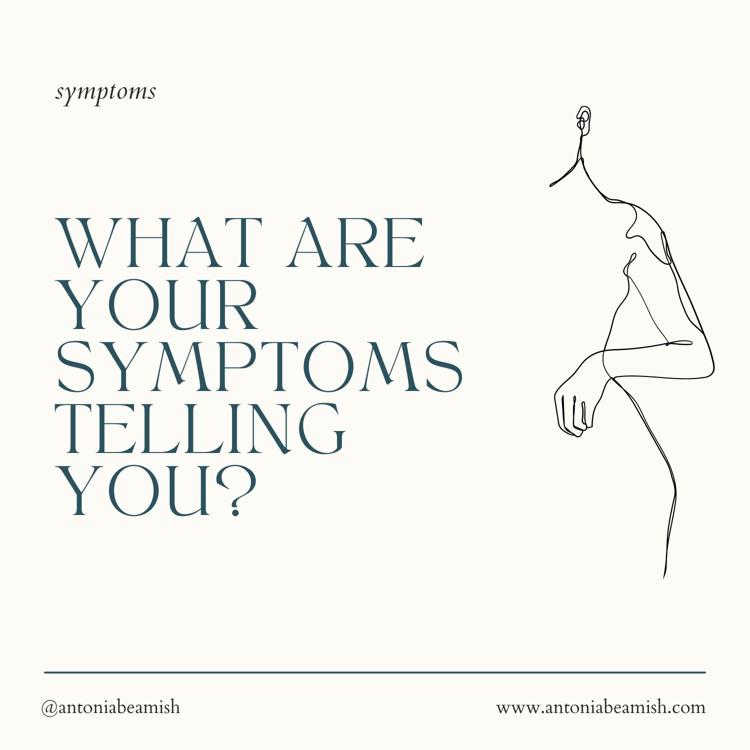The Silent Signs of Stress: Recognizing Psychological Illness
Understanding the Silent Signs of Stress and Psychological Illness

Frequently Asked Questions
Common signs of stress that may go unnoticed include physical symptoms like headaches and fatigue, emotional symptoms like irritability and anxiety, cognitive symptoms such as forgetfulness, and behavioral changes like social withdrawal.
Recognizing the silent signs of stress is important because it allows individuals to address stress before it escalates into more serious psychological issues, promoting better mental health and overall well-being.
Step by Step Guide
1
Understanding Stress
Begin by learning what stress is. Stress is the body’s response to challenges or demands, and it can be both positive (eustress) or negative (distress). Understanding the difference helps to recognize when stress becomes problematic.
2
Identifying Triggers
Take note of what situations or events trigger stress in you. This could be work pressures, family disputes, or personal problems. Identifying triggers can help you understand your stress responses.
3
Physical Symptoms of Stress
Recognize the physical symptoms that may indicate stress, such as headaches, fatigue, muscle tension, or gastrointestinal issues. These physical reactions can often be overlooked.
4
Emotional Symptoms
Pay attention to any emotional changes such as irritability, anxiety, sadness, or mood swings. These feelings are often overlooked in a busy lifestyle but can signify underlying psychological issues.
5
Cognitive Symptoms
Cognitive symptoms such as difficulty concentrating, forgetfulness, and disorganization can be signs of stress. Note how your mental processes may be affected during stressful times.
6
Behavioral Changes
Monitor changes in your behavior such as withdrawal from social activities, changes in appetite, or increased use of alcohol or drugs. These alterations can be silent indicators of stress.
7
Importance of Self-Reflection
Engage in regular self-reflection to assess your stress levels. Journaling or mindfulness practices can help in understanding your feelings and responses.
8
Seeking Professional Help
Understand when it might be time to seek help. If stress becomes overwhelming, seeking assistance from mental health professionals can provide coping strategies and support.
9
Building Resilience
Learn techniques for building resilience against stress, such as developing a solid support system, practicing relaxation techniques, and maintaining a healthy lifestyle.
10
Educating Others
Share your knowledge about stress and psychological illnesses. Educating friends, family, or even social media followers can help normalize these conversations and reduce stigma.








